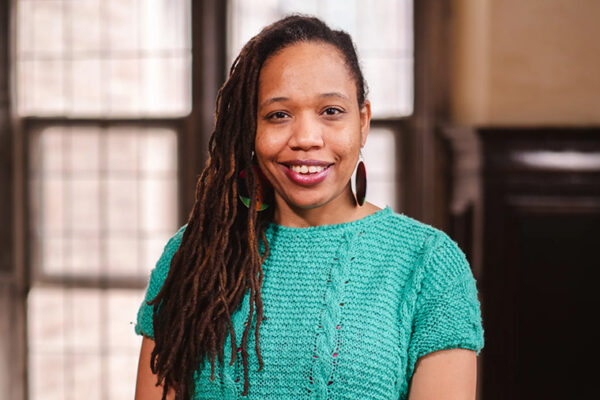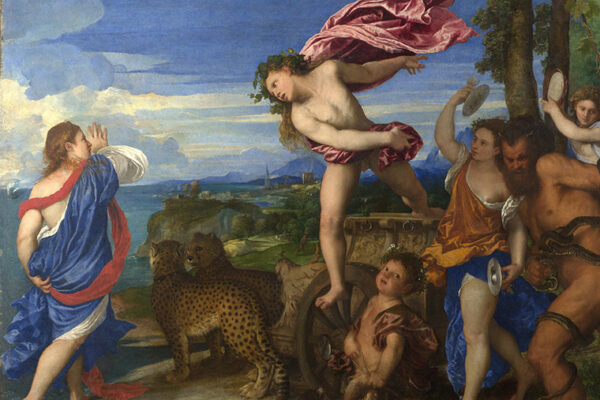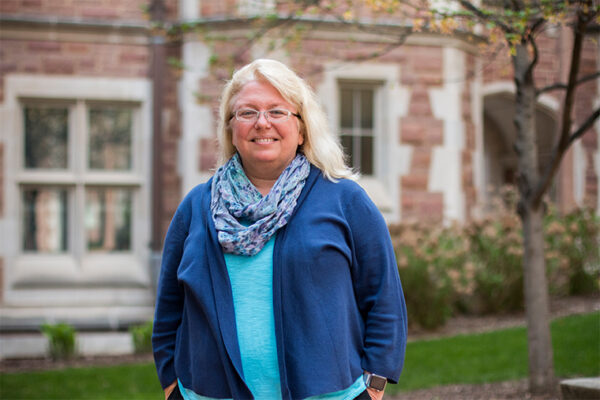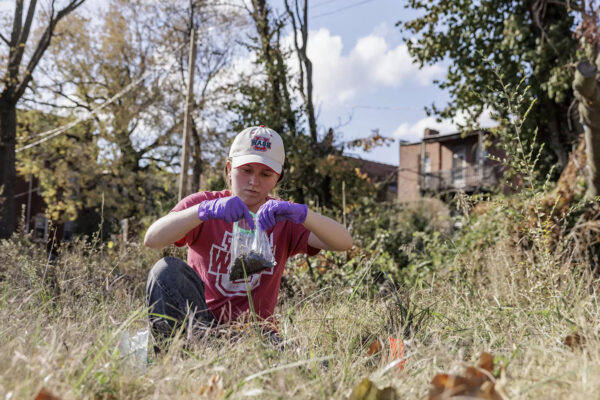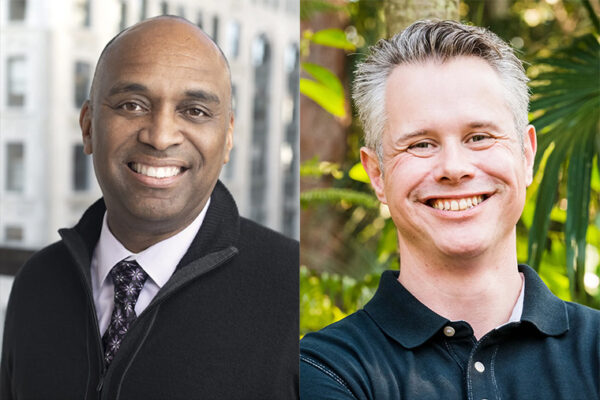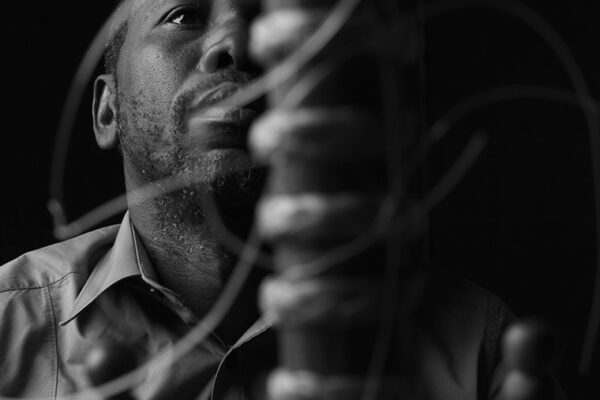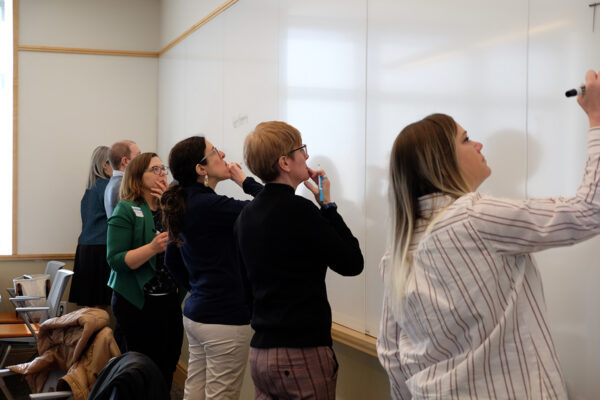Mustakeem to receive Dred Scott Freedom Award
Sowande’ Mustakeem, associate professor of history and of African and African American studies, both in Arts & Sciences, will receive a 2026 Dred Scott Freedom Award March 7.
‘Michelangelo & Titian’
In his new book, “Michelangelo & Titian: A Tale of Rivalry & Genius,” WashU’s William Wallace explores a mutual admiration, and simmering competition, that unfolded over decades.
Barch wins major national psychology prize
WashU psychology researcher Deanna Barch has won the Atkinson Prize in Psychological and Cognitive Sciences from the National Academy of Sciences, one of the most prestigious honors in psychology.
WashU faculty, students search for hidden hazard in tornado’s path
Researchers at Washington University in St. Louis are testing for elevated lead levels potentially kicked up in the destructive path of the 2025 tornado.
James Baldwin Review named best special issue
James Baldwin Review, the preeminent peer-reviewed journal dedicated to Baldwin’s life and legacy, which is co-edited by WashU’s Dwight A. McBride and Justin A. Joyce, has been named Best Special Issue of 2025 from the Council of Editors of Learned Journals.
Faith leaders on the front lines
Over the last few decades, Christianity in America has become synonymous with conservative causes. But it wasn’t always that way. As faith leaders join protesters in the Twin Cities, they’re showing the next generation of American young people that there are multiple ways to be a Christian, according to Ryan Burge, an expert in religion and politics at Washington University in St. Louis.
Ballaké Sissoko and Derek Gripper Feb. 1
Ballaké Sissoko, one of the world’s great virtuosos of the 21-stringed West African kora, will be joined Feb. 1 by classically trained Cape Town guitarist Derek Gripper for an intimate recital as part of WashU’s Great Artists Series.
Applications open for Biggs Travel Award
WashU faculty and students are invited to apply for the Penelope Biggs Travel Award for travel involving the study of Greco-Roman antiquity. Applications are due Feb. 15.
Racism packs a punch for those enduring it over a lifetime
Researchers from Washington University in St. Louis find evidence that elevated stress exposure and its inflammatory correlates may contribute to Black-white racial disparities in mortality risk.
STEM Exchange to boost learning, support faculty
As part of WashU’s ongoing work to transform undergraduate STEM education and support low-income and first-generation STEM students, the Office of the Provost is launching the WashU STEM Exchange, a new community where STEM educators, advisers and researchers can share strategies and interventions and track outcomes.
View More Stories
